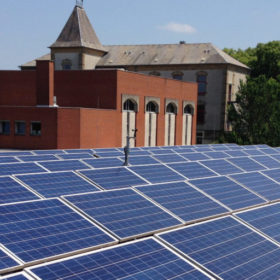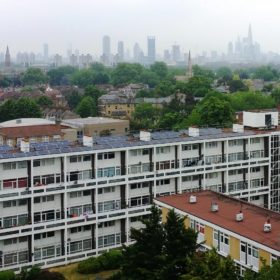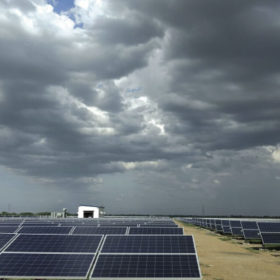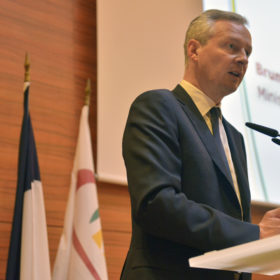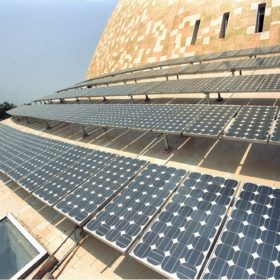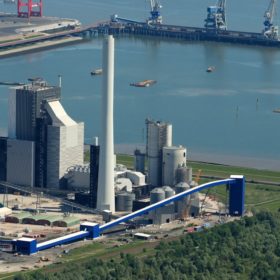Luxembourg raises solar FITs
For installations with a generation capacity of less than 10 kW, the feed-in tariff will rise 36% to €0.165/kWh and all installations below 500 kW are set to benefit from an improved regulatory framework.
EDF commissions ‘France’s largest collective self-consumption PV project’
A social housing development of 100 dwellings will benefit from the electricity generated by 600 sq meters of PV panels. Any output not used by residents will power hot water tanks, effectively functioning as an energy storage element of the project.
IEA warning against stagnation of renewables
After two decades of growth, the amount of newly installed renewable energy capacity is no longer rising and, despite a 7% growth in electricity generation from clean energy sources, global energy-related carbon emissions have risen 1.7%.
French-German battery alliance secures €5 billion as Tesvolt works on gigafactory
Ministers have reaffirmed plans for a Franco-German battery industry. The project is being supported in principle by the European Commission, which could give its approval by October. Meanwhile, German storage specialist Tesvolt is building a commercial storage system factory in Germany.
France sets second-quarter FITs for rooftop solar systems
The feed-in tariff granted reduces each quarter in line with how much solar capacity was installed in the previous three-month period and the drop will be felt more keenly in sun-rich Corsica and the nation’s overseas territories than on the mainland.
Engie to sell 2.3 GW of coal power assets
The French energy company has decided to sell its coal-fired power plants in Germany and the Netherlands to U.S.-based private equity firm Riverstone.
